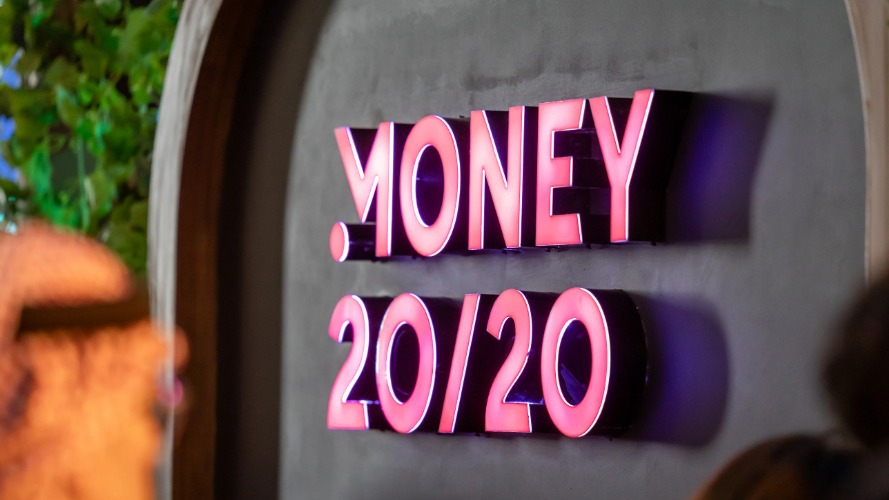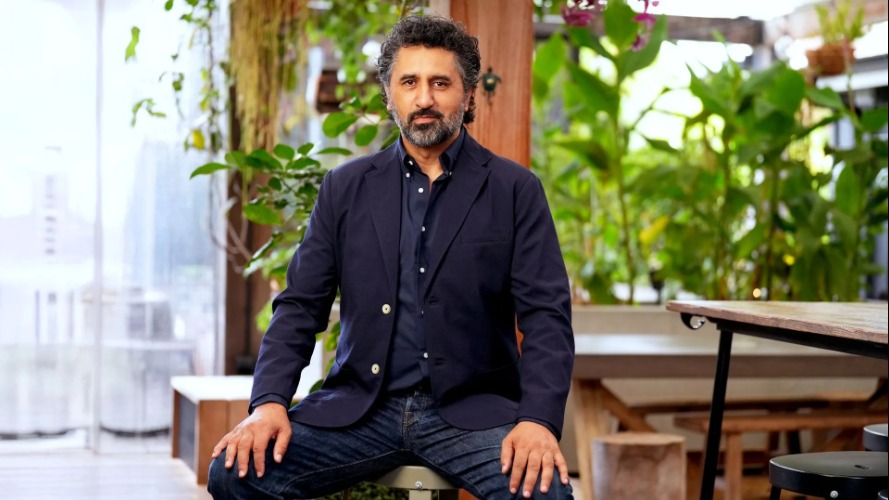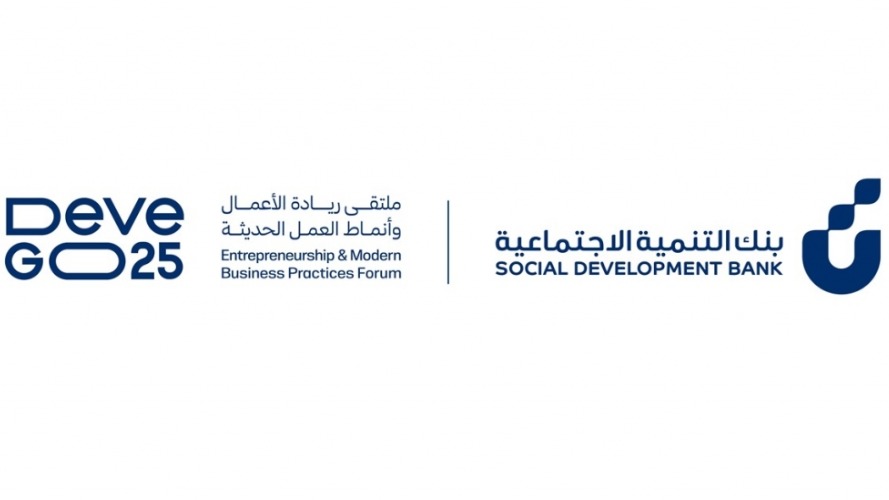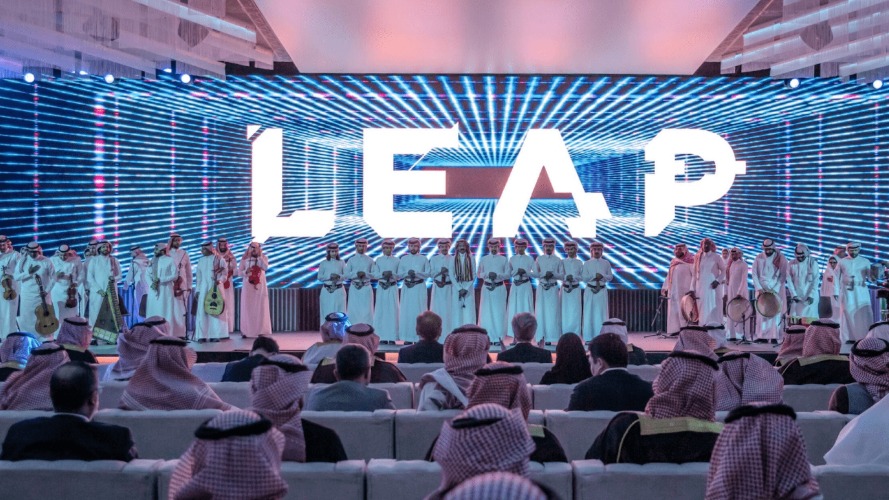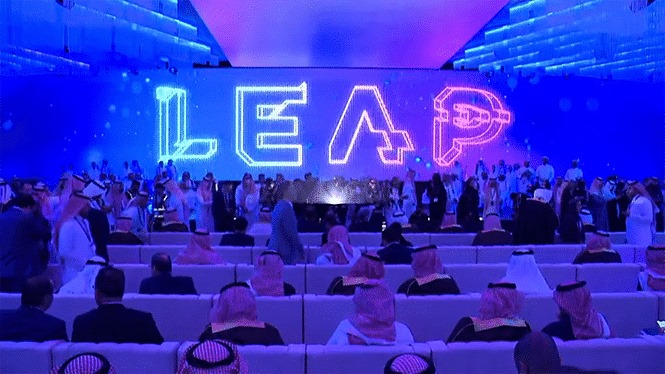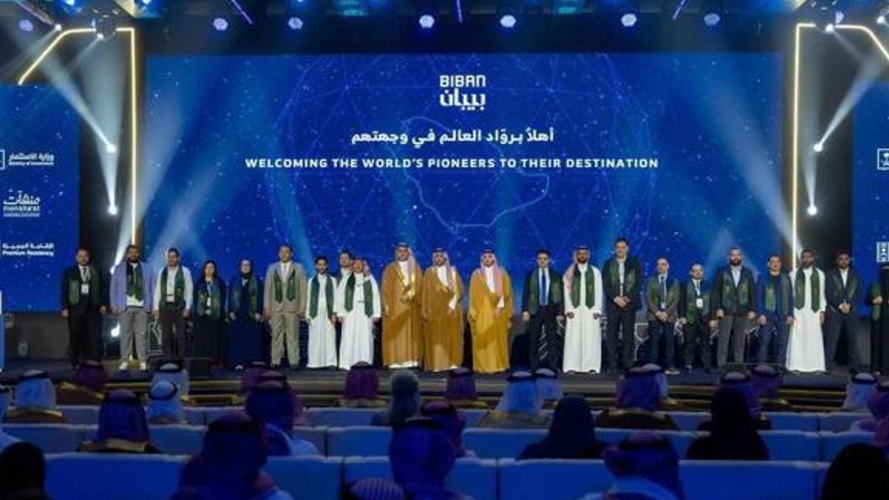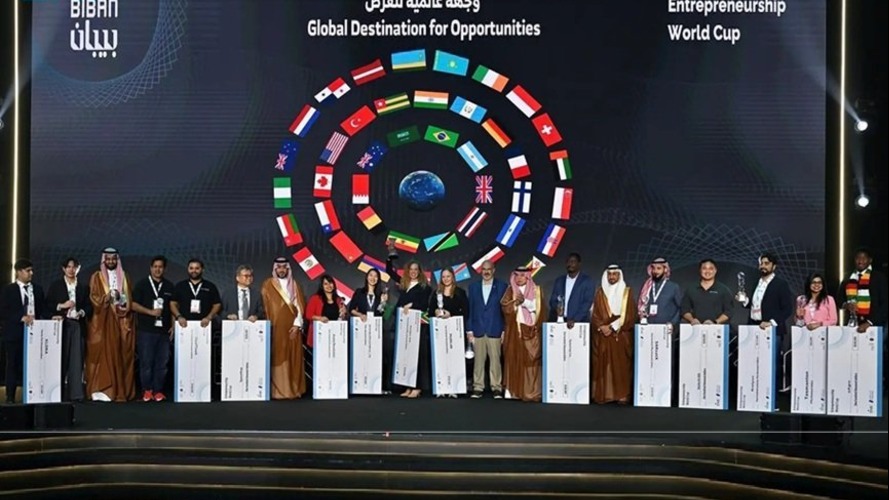The Middle East’s largest fintech gathering closed with a show of scale and ambition that underscored Saudi Arabia’s growing role as a global financial technology hub. Money20/20 Middle East drew thousands of founders, regulators, investors and executives to Riyadh, where discussions ranged from buy now pay later and open banking to digital identity and card-linked loyalty.
The startup spotlight fell on the MoneySurge competition, which narrowed more than two dozen entrants to 10 finalists. Among them were Capifly, focused on new funding mechanisms for small businesses; Eddekhar, offering savings products tailored to Arab consumers; and Markaba, rethinking car ownership. MYNE showcased an alternative assets platform, Orbii highlighted retail intelligence, and RABEH targeted financial inclusion. Others included Sahl with AI-driven governance tools, Tanami with agricultural investments, Yasmina in lifestyle and fashion, and Zest Equity with access to private markets.
Global capital flows remained a central theme. Tamara and Tabby, two of the Gulf’s largest BNPL players, drew attention for their ability to attract international financing while competing directly with global rivals. Panels also spotlighted Apple VAS, open banking APIs, and embedded finance, signaling the region’s push to align with global infrastructure standards.
“In markets like Saudi Arabia, equity can be overly dilutive, and commercial banks often lack the flexibility to finance fast-evolving businesses effectively,” said Armineh Baghoomian, managing director at Partners for Growth. “Growth debt fills that gap, enabling companies to scale strategically without giving away too much ownership too soon.”
